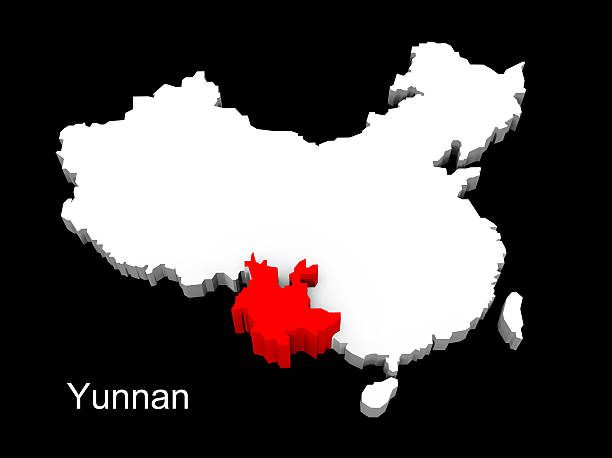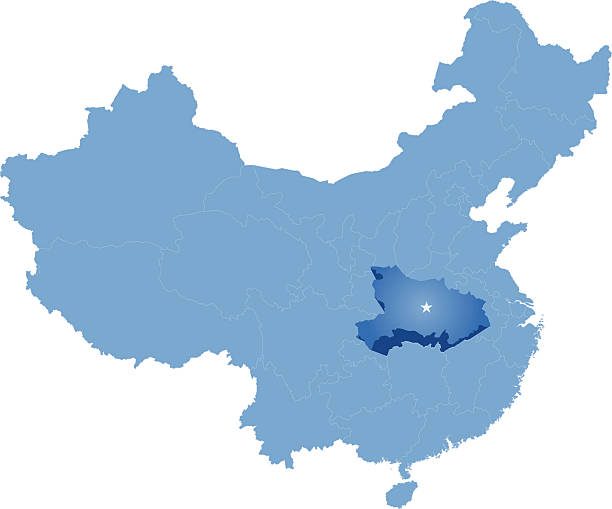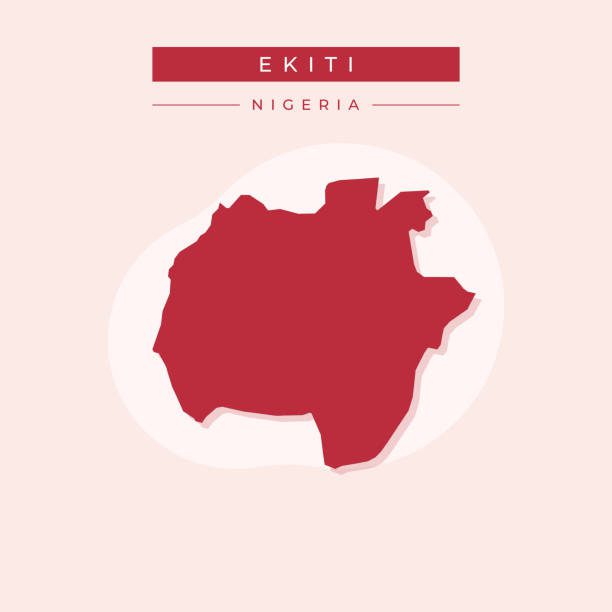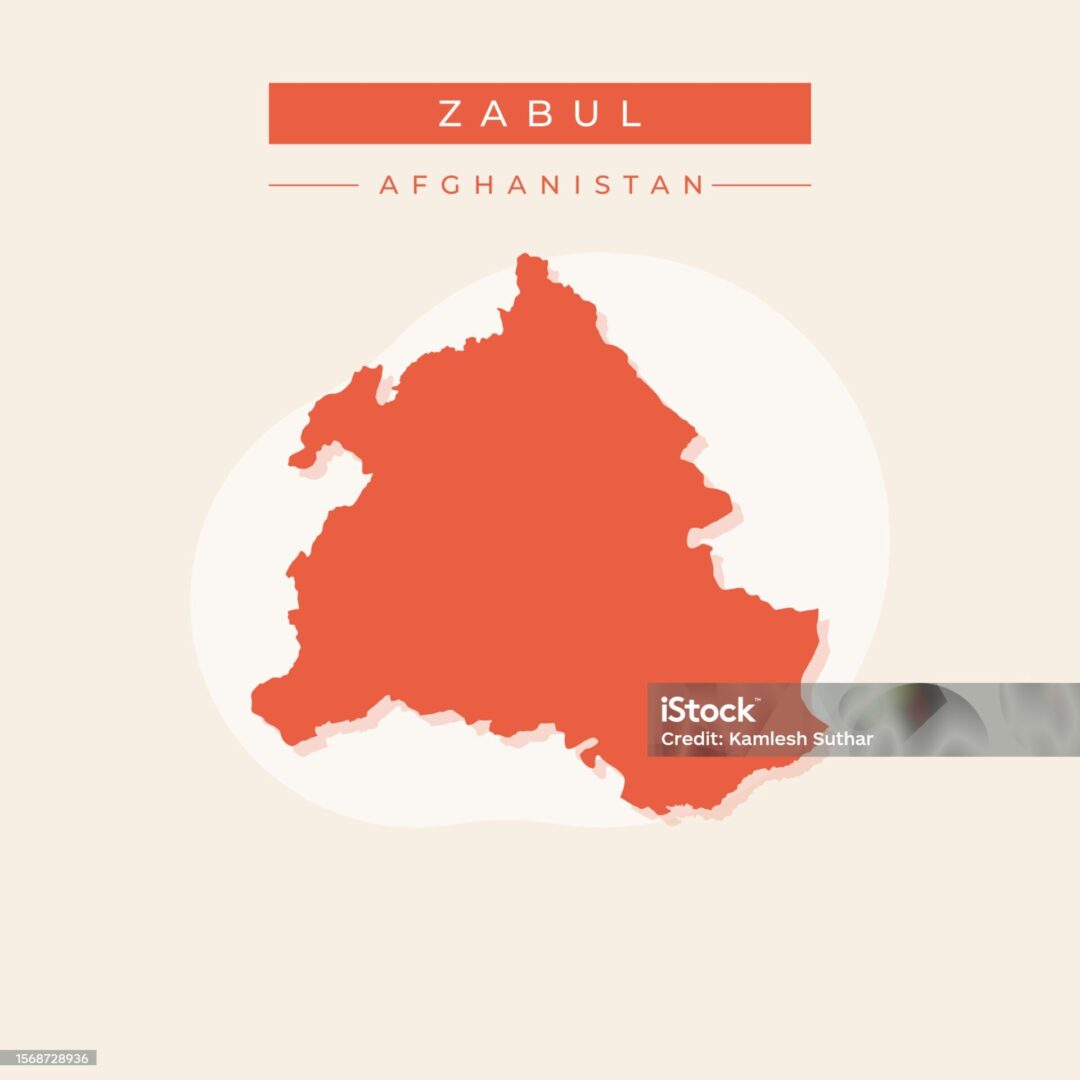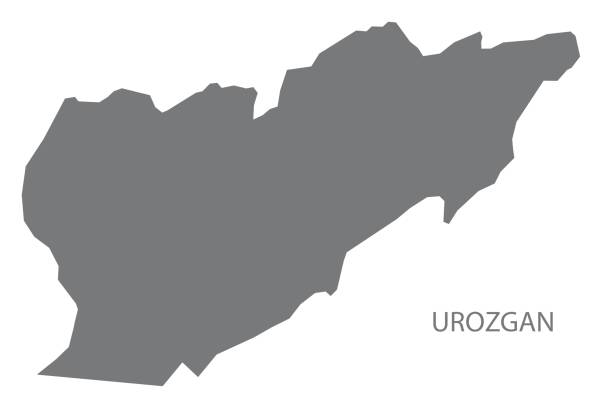The Center for the Scientific Study of Families reports are designed to provide relevant information about the conditional state of families in a specified context. The report provides information such as population, culture, family structure, and family life.
Family reports are an important tool for improving the lives of families. By providing information about the family’s conditional state and context, family reports can help improve communication between families and service providers and lead to better outcomes for families and children
Overview
Takhar is one of the 34 provinces of Afghanistan, located in the northeastern part of the country. It shares borders with several other provinces, including Kunduz to the west, Badakhshan to the northeast, Baghlan to the south, and Panjshir to the southeast. The city of Taloqan serves as its capital, and Takhar has been an important trade route. Takhar is characterized by diverse geography, including mountains and the Takhar River. Agriculture is the mainstay of the economy in Takhar. The province produces a variety of crops, including wheat, trees, fruits, and vegetables. Livestock farming also plays a significant role in the local economy. Takhar, like many other Afghan provinces, has experienced security challenges due to ongoing conflict in the country. The province has witnessed periods of both government control and insurgent influence. It was a major battleground during the Soviet–Afghan War. After the Soviet withdrawal, Takhar was ruled by the Mujahideen and then by the Taliban. Takhar still experiences violence from the Taliban and other insurgent groups. Efforts have been made to improve schools and healthcare facilities, but the situation has varied across different areas of the province. The people of Takhar are resilient and determined, and they are working to rebuild their province after years of war.
Ethnic and Cultural Diversity
Takhar is home to a diverse population representing various ethnic groups. The predominant ethnic community in the province is Tajik. Each group has its distinct cultural practices and traditions. A 2017 report from the Naval Postgraduate School names the remaining ethnic groups in Takhar: Uzbek, Pashtun/Kuchi, and Hazaras. Also named are the religious groups, Sunni, Shi’a, Ismaili Shi’a. The same source reports that approximately 933,700 million people reside in the province (at that time). The majority of people speak Persian within the province.
Marriage & Divorce Statistics
Our research did not reveal specific data for marriages in Takhar. However, we were able to identify a more general 2021 report from the United States government covering human rights practices in Afghanistan. Afghan law sets the minimum legal age of marriage at 16 for girls and 18 for boys. However, child marriage remains a widespread problem in Afghanistan, fueled by poverty and traditional practices. While divorce is technically legal in Afghanistan, it is difficult for women to obtain. Men can divorce their wives without a court order, while women face significant social and legal obstacles when seeking a divorce.
Family Life in Takhar

Four Afghanistan girls walking in the mountains.
Families in Takhar are resilient and resourceful. They have faced many challenges in recent years, but they have continued to build strong and supportive networks. Education is increasingly valued, and modernization is influencing shifts in gender roles and aspirations, particularly among younger generations. Families are an important part of the fabric of society in Takhar, and they play a vital role in the development of the province.
Conclusion
Family life in Takhar, Afghanistan is characterized by rich cultural practices, traditions, and values. Different ethnic groups contribute to the province’s social fabric with their unique family structures and dynamics. While family life varies among ethnic groups, the importance of community, mutual support, and preserving cultural heritage remain constants across Takhar’s diverse population.




